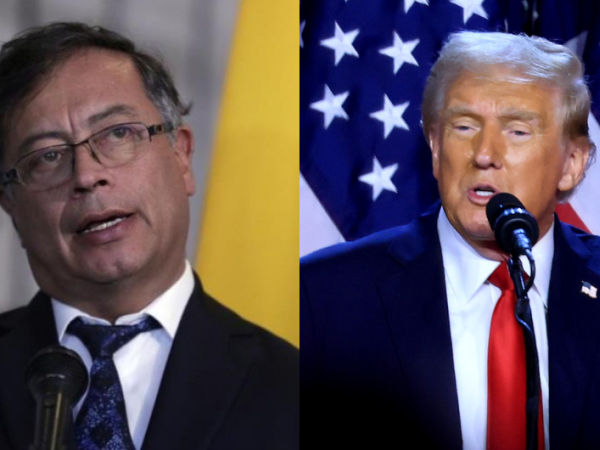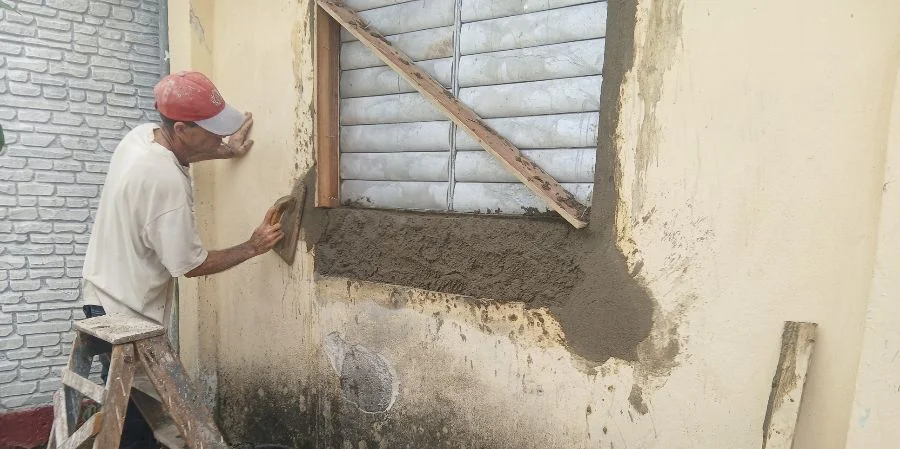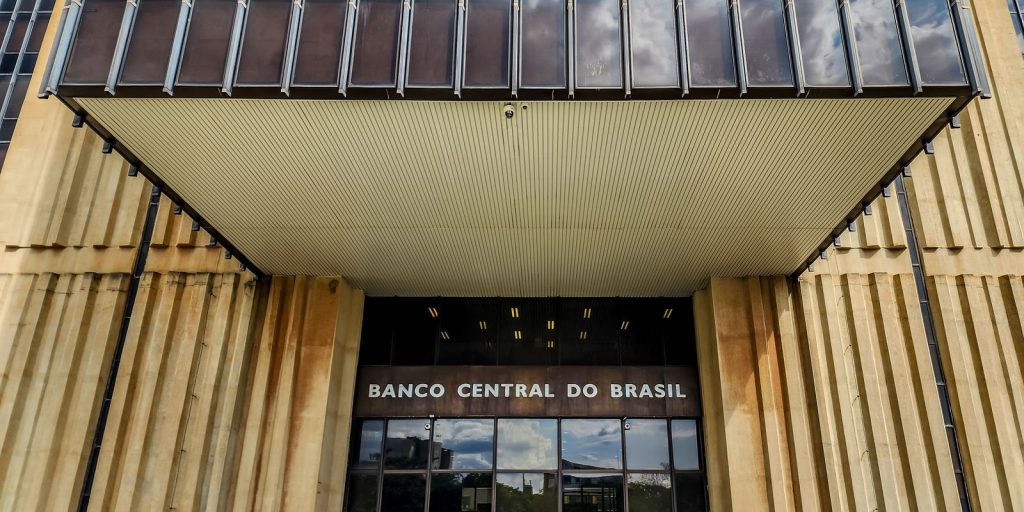After overcoming the diplomatic impasse between Colombia and the US, which led to an unprecedented crisis in the relationship between both countries, several governments around the world have referred to the issue.
(You may be interested in: ‘Our trade policy cannot be based on scares’: Minister of Commerce).
The Spanish Minister of Foreign Affairs, José Manuel Albares, expressed this Monday his satisfaction that Colombia and the United States reached an agreement after the escalation of tensions this weekend.
“I am pleased and happy to see that Colombia and the United States have reached (…) an agreement this morning regarding their differences,” said the Spanish foreign minister upon arriving for a meeting in Brussels with his European counterparts.
(See: These are the most important trade figures between Colombia and the United States).
Washington and Bogotá were involved in a sudden escalation of tensions over the weekend that included the adoption of tariffs on imports. The controversy broke out after the president of Colombia, Gustavo Petro, denied the entry into the South American country of US military flights with deported Colombian citizens..
“A migrant is not a criminal and must be treated with the dignity that a human being deserves. That is why I had the US military planes that came with Colombian migrants returned.”justified Petro in X.
The United States immediately imposed significant tariffs on Colombian products, a measure to which Bogotá responded with equivalent orders. Washington also suspended the issuance of visas at its embassy in Bogotá. Shortly later, the White House announced that it reversed the measures after Bogotá accepted the terms of its deportation policy. Colombia also gave “the impasse has been overcome” with the United States.
(Here: ).
“Cooperation is always much more powerful than confrontation”said Albares, who stressed that “Latin America is a very important region for Europe.” Albares recalled that the EU and the Community of Latin American and Caribbean States (CELAC) have a summit on their agenda this year in Colombia.
United States and Colombia
iStock
It’s ‘blackmail’, says Cuba
For his part, the president of Cuba, Miguel Díaz-Canel, described “blackmail” the threat of commercial and diplomatic reprisals from the US to Colombia if the South American country does not accept return flights for migrants in an irregular situation.
“Our support for President Gustavo Petro in his worthy defense of the rights of Colombians and his response to the discriminatory treatment and blackmail intended to pressure his people and Our America”Díaz-Canel wrote on social networks.
















